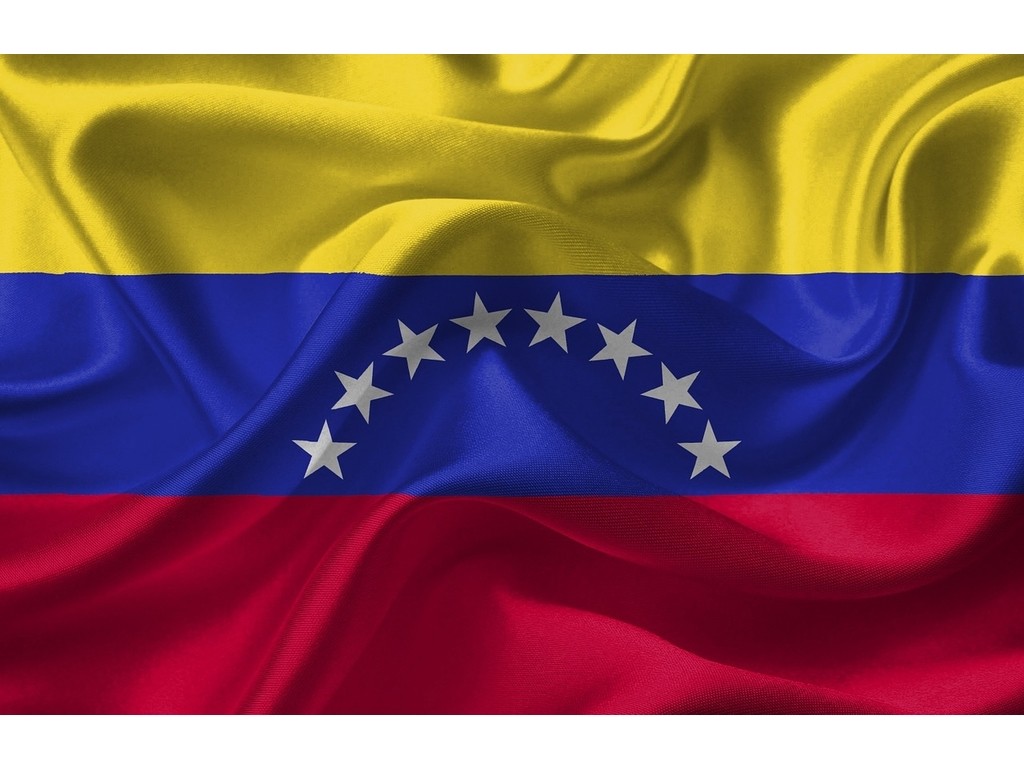The latest entrant into the national digital token market is Venezuela. President Nicolas Maduro announced that the country will begin issuing an oil-backed digital token, called petro. This is a good move by the state to reduce inflation.
Maduro’s government has published a decree, explaining the main concerns related to the token. The decree explains how the government plans on issuing, sharing, and controlling the new cryptocurrency.
What makes petro stand out from other cryptocurrencies is that barrels of crude oil will be backing the token. However, in order to give an initial push, Maduro has assigned five billion barrels of oil to get the token started.
In his weekly TV and radio address, Maduro presented the decree, saying, "(the) document formalizes the provision of the certified Ayacucho oil field, No.1 in the Orinoco Petroleum Belt, for the support of El Petro cryptocurrency.”
Oil is not the only asset that Maduro plans on using to back petro. He explains that he will be using the gold deposits from Orinoco Belt, along with diamond deposits, to back the petro digital tokens.
Operational details
The decree consists of 13 parts and mainly describes the working details of the planned cryptocurrency. Article Four of the decree discusses the backing of the digital tokens. As stated above, the article explains that each petro will have a “purchase-sale contract” for one barrel of crude oil, or any of the linked commodities.
According to Article Five, each holder of petro tokens will have their own digital wallet. Holders will be responsible for the wallet and the state is not liable to any risks.
It is unclear how the state plans on launching petro tokens. Artile Eight, however, hints at the use of an ICO.
“The initial placement will be made through auction or direct assignment, made by the Superintendence of the crypto-assets and related Venezuelan activities.”
The decree further explains that the digital tokens will be fully decentralized after the initial start. It is an important aspect of the digital tokens.
Venezuela plans on launching the new tokens in January 2018. Belarus and Estonia are some of the other countries that have decided to use digital tokens in their economy. Digital tokens are making waves in the global market and many states are rushing to adopt them in order to attract foreign money.
Update - Venezuela has revealed that their Petro token will utilise ERC20 code.

